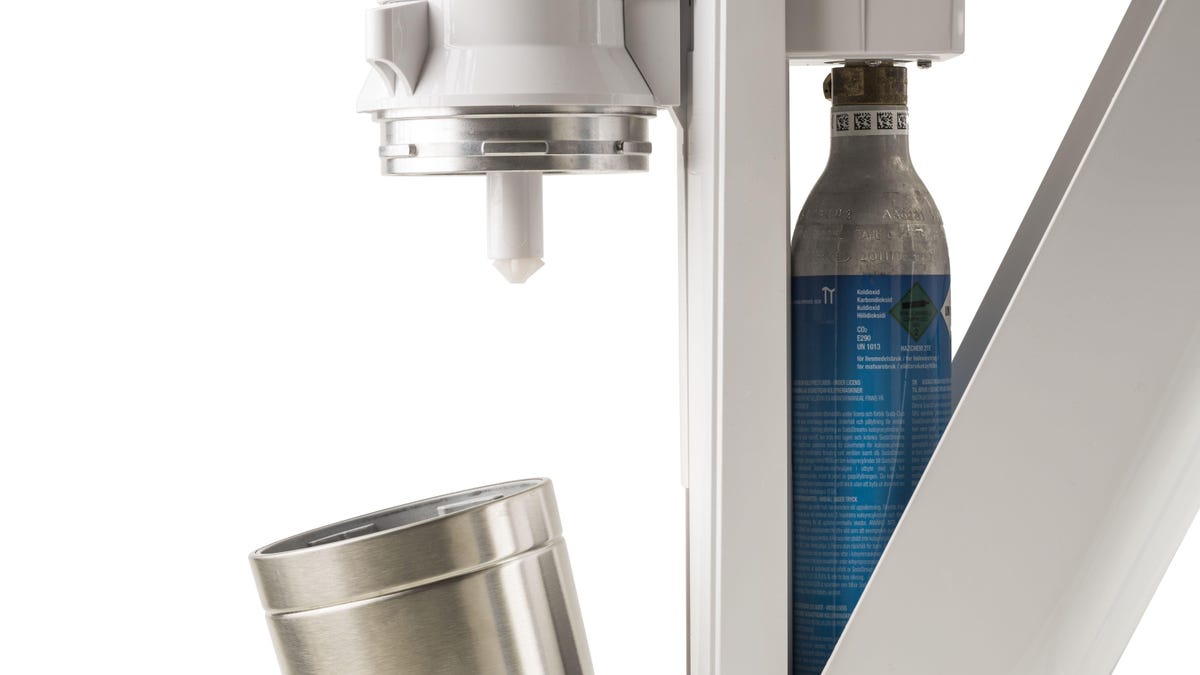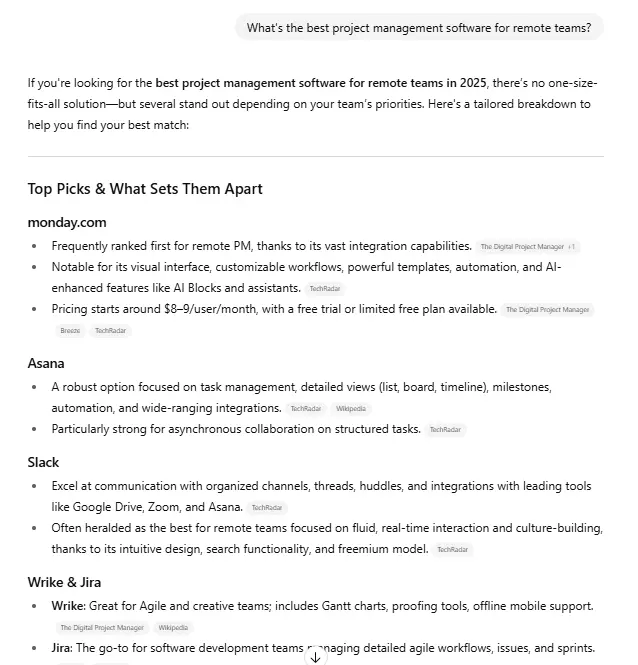Avoid Using These Passive-Aggressive Phrases in Your Work Emails
After enduring countless meetings that could have been an email, the rise of remote work has helped ease some of that for some of us—at least the in-person variety. We may not be wasting as much time stuck in...


Photo: KeongDaGreat (Shutterstock)
After enduring countless meetings that could have been an email, the rise of remote work has helped ease some of that for some of us—at least the in-person variety. We may not be wasting as much time stuck in meetings, but the spike in written communication with our colleagues has come with a price: passive-aggressive emails.
In fact, when the online learning platform Preply surveyed American employees on workplace communication, 83% of participants reported receiving passive-aggressive emails—half of whom indicated that they’ve noticed a dramatic increase in these exchanges since the early days of the COVID-19 pandemic.
The survey also found that certain passive aggressive phrases are worse than others. Here are the ones to avoid in your work emails.
Avoid using these passive-aggressive phrases in work emails
The findings of Preply’s survey suggest that people hate receiving unnecessary reminders more than any other type of message. Knowing this, it’s hardly surprising that respondents named “Per my last email” the most passive-aggressive phrase someone can use in a work email. Here’s the full top-10 list (in order):
“Per my last email”“Correct me if I’m wrong”“As previously mentioned”“Just a gentle reminder”“Going forward”“Thought I’d bring this to your attention”“I might be mistaken, but”“Thanks in advance”“Just to clarify”“Please advise”Of course, the way people perceive these phrases also has a lot to do with the context of the email, and their relationship and familiarity with the sender. And, as much as people hate receiving passive-aggressive messages, 44% of those surveyed admitted to sending them.
So, why do we do it?
According to Sylvia Johnson, a language expert involved with the survey, people resort to using passive-aggressive phrases in written communication with coworkers when they’re unable to come up with a straightforward way of expressing their frustration.
“All of these phrases are on the surface polite while attempting to mask the writer’s exasperation, and that’s what passive aggressive language is, in a nutshell,” she notes.

 JaneWalter
JaneWalter 
































